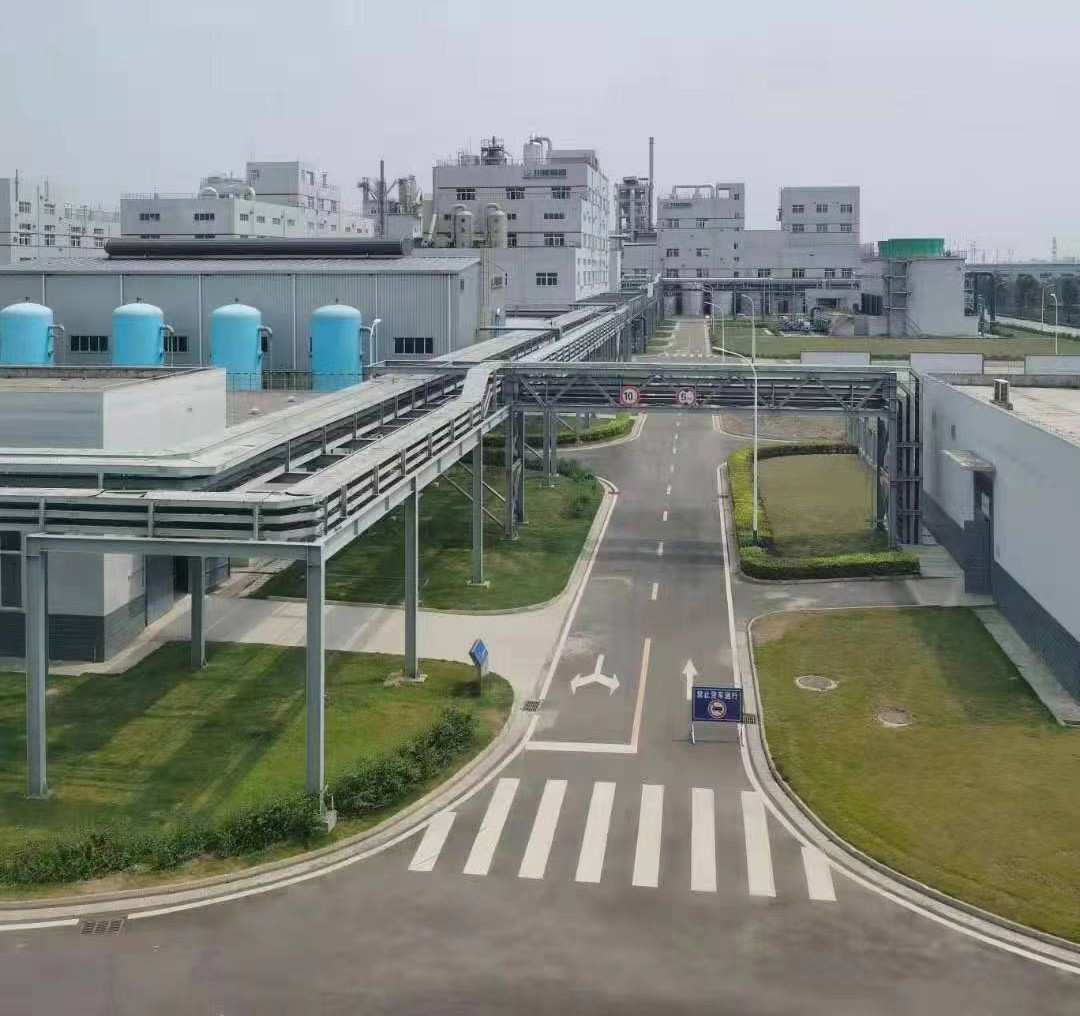Research and Development of Fuel Power Batteries in China 1 Fuel-powered battery
Feb,14,21
Research and Development of Fuel Power Batteries in China
1 Fuel-powered battery
Fuel-powered batteries are devices that continuously feed fuels for chemical reactions and convert chemical energy directly into electricity, usually methanol, ethanol, pure hydrogen, natural gas, and gasoline.
Among ion exchange membrane fuel power batteries, hydrogen and oxygen are the most common ones. Carbon dioxide and water occur when fuel reacts with oxygen through special catalysts.This process has cheaper fuels, less dangerous chemical reactions, much lower CO2 emissions than usual methods, and produces harmless water as a low-polluting source of energy [5], which is beyond the expectation of other power sources today.At present, computer and automotive companies begin to focus on the development of fuel-powered batteries to replace the traditional battery power supply. The application of fuel-powered batteries in automotive field has become an inevitable trend of energy development.
As an energy conversion device, fuel-powered batteries directly convert the chemical energy stored in fuels and oxidants into electrical energy according to the working principle of primary batteries. The essence of the reaction is oxidation-reduction reaction. The working principle of fuel-powered batteries is shown in Fig.1.
Fuel-powered batteries consist of four important parts: anode, cathode, electrolyte and external circuit. The anode and cathode pass into fuel gas and oxygen (air), respectively. The fuel gas on the anode emits electrons. The external circuit conducts electrons to the cathode and combines them with oxidized gas to generate ions. Under the electric field use, the ions are transferred to the anode by electrolyte and react with the fuel gas, and finally, they are formed.There is electricity in the circuit.At the same time, due to the reaction of the fuel itself and the internal resistance of the battery, the fuel-powered battery also needs to discharge a certain amount of heat to maintain a constant operating temperature of the battery.It looks like a accumulator on the outside, but in essence it cannot "store electricity" but is a "power plant".
Among them, the anode and cathode can not only conduct electrons, but also act as catalysts for redox reactions.Porous structures are often used at the poles to facilitate the influx of reactive gases and the discharge of products.Electrolytes, on the other hand, play an important role in transferring ions and separating fuel gas and oxidized gas, generally with a compact structure.
Fuel-powered batteries, as a conversion device, simply convert the chemical energy stored in the fuel material into electrical energy [7].In principle, as long as chemical fuels are continuously supplied, fuel-powered batteries can generate power continuously, which is the fourth generation of power generation technology after nuclear, hydro and thermal power.
Fuel-powered batteries have become a hot spot for domestic and foreign companies, which is due to their own advantages:
High efficiency of energy conversion;
Wide range of fuel options;
Clean, less pollution;
Low noise;
High specific energy and reliability;
Fast load response, with a strong applicability.
Although fuel-powered batteries have so many attractive advantages, they still have some shortcomings in the process of operation promotion. The important problem is [9]:
Higher cost;
Power density still needs to be improved;
Fuel storage;
It is sensitive to environmental toxicity.
Limited operating temperature compatibility.
Currently, more applications are proton exchange membrane fuel power batteries and alkaline fuel power batteries.Proton Exchange Membrane Fuel Power Battery (PEMFC) is a new generation of fuel power battery which has been rapidly developed in recent years. It has the advantages of high energy efficiency and energy density, small volume and weight, fast start-up speed, safe and reliable operation, and wide application, especially in automobiles. PEMFC is a commercial fuel power battery being developed.






